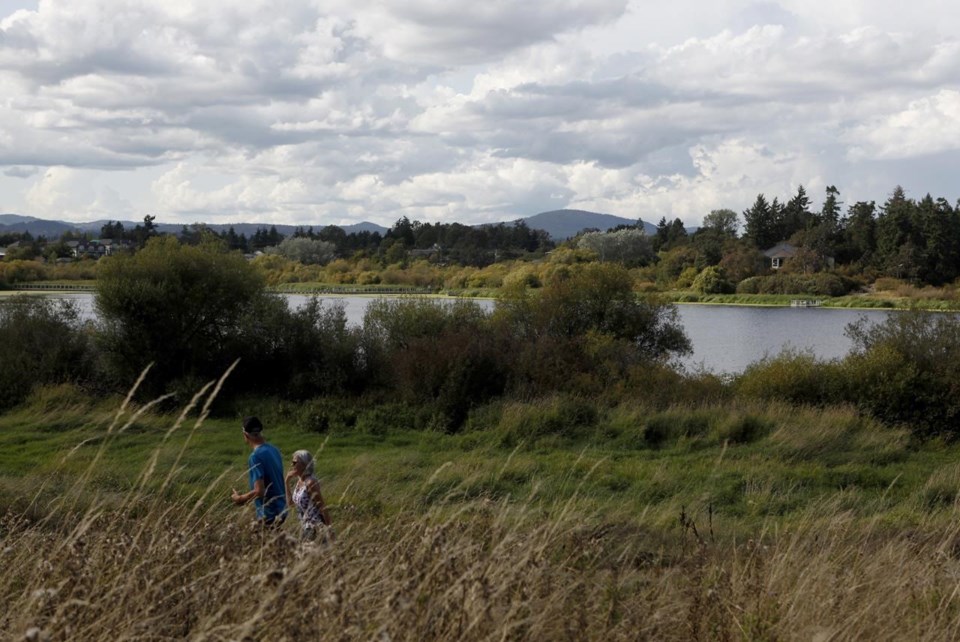VICTORIA — British Columbia failed to adequately manage a conservation lands program aimed at protecting habitats for fish and wildlife species that are some of the most diverse in Canada, the auditor general says.
Michael Pickup said Tuesday the program conserves biologically productive estuaries and grasslands in B.C., as well as wildlife management areas including internationally recognized wetlands and important migratory bird habitat.
"We found that the program, in fact, lacked strategic direction and most plans for wildlife management areas were not current, nor approved," he said, referring to the Ministry of Forests, Lands, Natural Resource Operations and Rural Development.
"We also found that the regional staff had limited strategies to resolve unauthorized use of conservation lands and had not assessed which lands were most at risk from this use," Pickup told a news conference.
Analysis of data between 2009 and 2020 showed hundreds of unauthorized activities occurred on conservation lands, he said of people using motor vehicles in those areas as well as dumping and having dogs off leash.
Lands conserved through the program are located throughout B.C. and include two internationally designated wetlands and habitat critical for migratory birds that fly from the Arctic to the west coast of Mexico and the Rocky Mountains to the Pacific Ocean.
The conservation program was established over 50 years ago. The ministry has been responsible for it since 2011, but it has not monitored it or reported publicly on it, says the auditor's report.
The report covers management of the program from 2016 to 2020, but also assessed older data that still applied to the ministry's current work. The report says goals have not been renewed for over three decades.
Conservation areas include private lands that the ministry has acquired or leased, Crown lands that have been transferred to it, and lands that have been designated as wildlife management areas.
The ministry's conservation partners include Ducks Unlimited Canada, the Nature Trust of B.C., the Habitat Conservation Trust Foundation, the Nature Conservancy of Canada and Climate Change Canada.
The report concludes conservation partners, not the ministry, ranked habitats by priority and only one of eight regions, the Omineca, had ranked important habitats for the program.
Three other regions, the West Coast, South Coast and Thompson Okanagan, completed some initial work for the program.
First Nations governments and municipal and regional governments are among the local partners of the program but the report says only three of eight regions provided staff with specific direction to collaborate with Indigenous Peoples.
Pickup made 11 recommendations, with the goal of resolving threats to the most at-risk lands and improving tracking of inventory on habitats.
They include provincial and regional staff working with conservation partners to establish a shared list of priority habitats and partnering with Indigenous Peoples to develop and implement a strategic plan with measurable targets.
Pickup said the ministry has accepted all the recommendations and while some work is already underway, there is no timeline for when it would be completed.
The ministry said in a statement that it began taking some initiatives in 2020 and staff are working on a strategic plan to fully address the auditor general's recommendations.
"Additionally, as recommended by the auditor general, we will explore the development of new partnerships with Indigenous Peoples, as well as building on existing ones to advance shared conservation goals."
The ministry could not provide any details on whether work has started on enforcement to deter unauthorized human activities, for example.
— By Camille Bains in Vancouver
This report by The Canadian Press was first published May 11, 2021.
The Canadian Press



